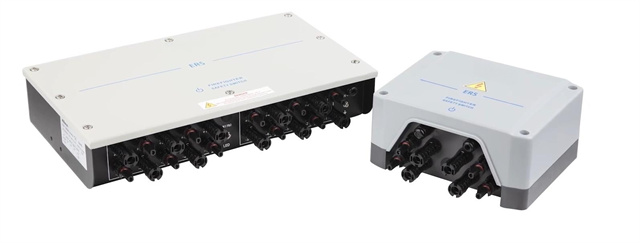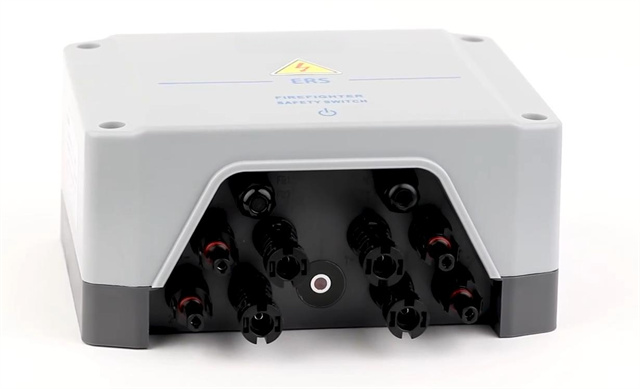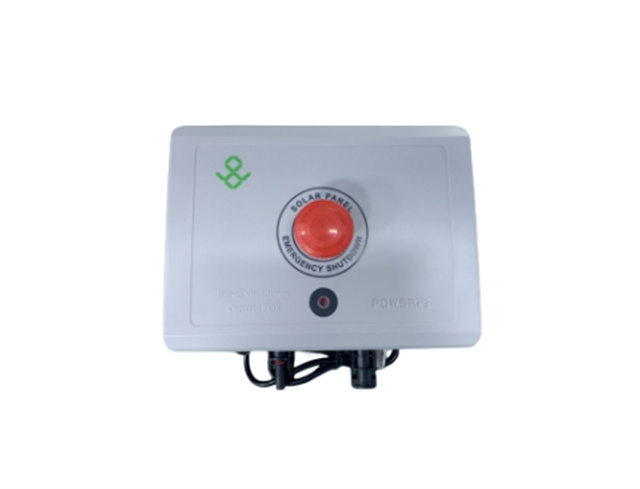Author:BLD Solar Energy SystemFROM:Solar System Converter Manufacturer TIME:2023-08-21
The solar industry has witnessed significant growth in recent years, with the increased adoption of photovoltaic (PV) systems. As more and more homeowners and businesses switch to solar power, it becomes crucial to ensure the safety and efficiency of these installations. One essential component of a PV system is the rapid shutdown device, which helps mitigate the risks associated with the electrical components during emergencies or maintenance. In this article, we will discuss how to properly use the Enphase rapid shutdown device to enhance safety and maximize the benefits of solar energy.

The Enphase rapid shutdown device is designed to comply with the National Electrical Code (NEC) requirements for PV systems. Its primary function is to rapidly shut down the flow of electricity from the solar panels to the AC grid during emergencies or when the system requires maintenance. This device is responsible for minimizing electrical hazards by eliminating the risk of shock for first responders and maintenance personnel.

The proper installation and configuration of the Enphase rapid shutdown device are critical to ensure its effective operation. It should be installed in close proximity to the PV array, typically near the inverter or junction box. The device must be connected in series with each string of solar panels to provide the necessary shutdown capability. It is crucial to follow the manufacturer's guidelines and the local electrical codes while installing and wiring the device.
In addition to installation, the device needs to be correctly configured to meet the specific requirements of the PV system and the local regulations. Each Enphase rapid shutdown device comes with an intuitive setup interface that allows users to customize settings such as the duration of the shutdown, fault tolerance levels, and communication capabilities. It is essential to consult the user manual and seek professional assistance if needed to ensure the device is configured appropriately for optimal safety and performance.

Regular testing and maintenance of the Enphase rapid shutdown device are essential to guarantee its continued functionality. The device should be tested periodically to ensure that it responds promptly in emergencies or when required. This involves simulating a fault condition to trigger the shutdown mechanism and verifying that the power flow stops as expected.
In addition to testing, routine maintenance procedures should be followed to keep the device in good working condition. This includes inspecting the device for any physical damage or signs of deterioration, ensuring all connections are secure, and cleaning the device to prevent any debris accumulation that could affect its performance. If any issues are detected during testing or maintenance, it is crucial to contact a qualified technician for further assessment and repairs.
In conclusion, the proper usage of the Enphase rapid shutdown device is vital for enhancing the safety and reliability of photovoltaic systems. Understanding the device's functionality, installing and configuring it correctly, and performing regular testing and maintenance are key practices to ensure its effective operation. By following these guidelines, solar users can minimize electrical hazards and maximize the benefits of clean and renewable energy.
